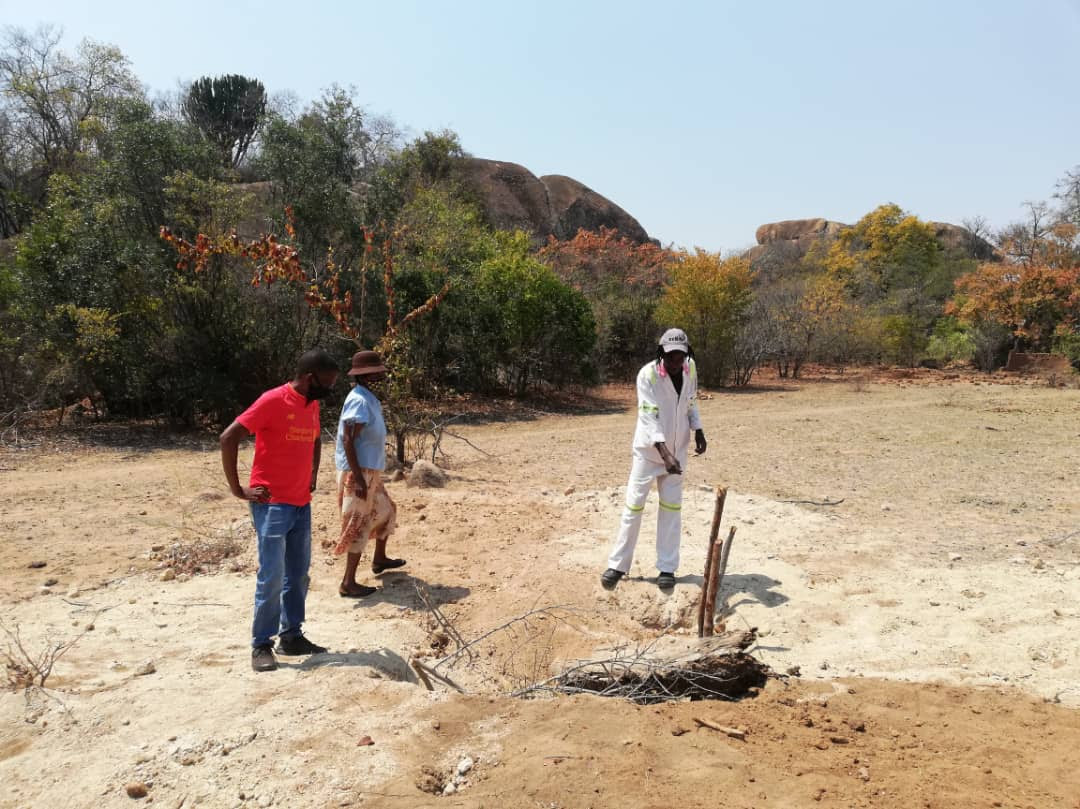By Habakkuk Trust
The gaps within the legislative framework governing the natural resources sector particularly gold mining have given rise to conflicts in mineral-rich areas.
Recently in Domboshava village in Matobo Ward 17, a mining dispute erupted after a group of miners reportedly invaded a protected area to prospect for gold. The miners were in possession of prospecting licenses from the Ministry of Mines and Mining Development Provincial office in Gwanda, which granted them permission to prospect for gold at Matobo National Park.
Matobo National Park is a World Heritage Site and is home to wild animals including endangered species. Acquiring World Heritage status comes with obligations to converse and protect the environment and is, therefore, a no go area for extractive activities.
The Government recently cancelled Special Mining Grants that had been issued to Chinese companies for the exploration of coal at Hwange National Park and banned any mining in all wildlife conservancies. The government is in the process of crafting a law that provides for thorough scrutiny before the issuance a mining permit.
Villagers in Matobo ward 17 reportedly mobilized fellow community members in a bid to evict miners who had invaded their area to prospect for gold. When Habakkuk Trust visited the area, they witnessed hazardous pits along footpaths, close to the graves, close to fields that had already been backfilled by the community. Culturally, burial sites are considered as sacred and are therefore are not supposed to be tempered with.
The miners had already set temporary structures and commenced mining activities.
Villagers who spoke to Habakkuk Trust lamented that they bear the brunt of environmental degradation as a result of the mining activities taking place in their area hence they felt it was imperative for them to defend their land. In addition, they explained that they have never envisaged mining activities taking place in their area for purposes of conserving culture, history, and their natural heritage.
However, the locals suffered arbitrary beatings and arrests at the hands of the police clad in riot gear after the miners reported them to the police. The incident forced other targeted individuals to escape and seek refuge in the hills.
“We were harassed, threatened with disappearance, forced to sleep in mountains and some of us arrested for defending our land,” lamented one of the victims. “We might have gold in this area but our main priority is not what is under the ground but the preservation of our land and cultural heritage.”
The Mines and Minerals Act supersede all other acts that strengthen community development. The situation has given rise to perennial conflict between villagers and miners resulting in illicit activities that deprive the state of substantial revenue and impeding community benefit.
Meanwhile, Habakkuk Trust and other stakeholders are calling for the meaningful involvement of communities in prospecting procedures and the further decentralization of the Ministry of Mines. This will enable communities to actively participate in natural resource governance. A decentralised system is likely to see increased monitoring of the mining activities, increased enforcement mechanisms, and communities meaningfully benefiting from locally available resources and subsequent reduction in mining conflicts.






